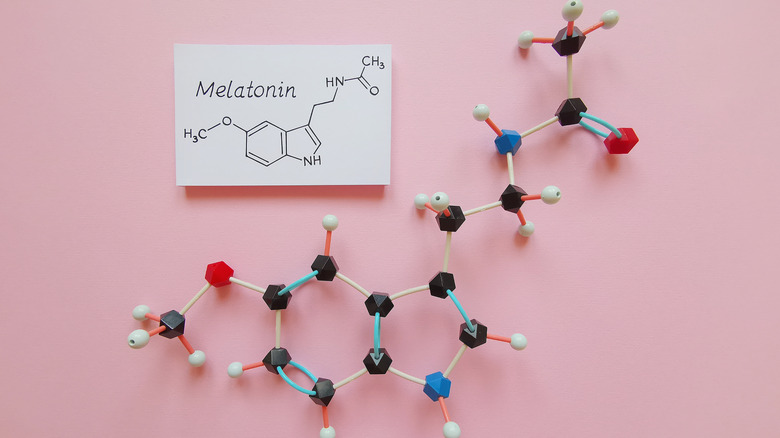How Light Impacts Your Hormone Levels
The thing about being human is that it's mysterious. We're complex creatures with even more complex bodies, the intricacies of which are being ever-revealed. Take hormones as an example. The body produces many different hormones, each with their own purpose, and yet so many things in life can impact your hormones and the levels at which they're being produced. Consuming meat is known to affect human's hormones, for example, and so is drinking coffee and wearing makeup.
Joining coffee, makeup, and meat as hormone agitators is light. Now, you may wonder how this is possible. After all, we absorb sunlight each and every day, nonetheless the lights in our homes, workspaces, and every other building we enter. Surely they can't alter our hormones, right?
Well, as it turns out, light actually does affect your hormones. However, you can rest assured knowing that humans have a higher tolerance for light than other animals. According to The New York Times, light would have to be three to four times stronger than standard household lights actually are to impact humans at the same level as animals. Because of this, you don't have to worry about having your living room or bedroom light on too long (though using them less is better for the environment). The sun may be a different question.
Still, one hormone is the most affected by light, and it may not be the one you're thinking of.
This is how light impacts your circadian rhythm
Most people know melatonin to be a small white tablet that they can take to help them sleep, but melatonin only helps when you take it because it's a naturally occurring hormone in your body. Melatonin is the hormone that helps you sleep (just as its pill form does), but light can negatively impact this hormone. "Exposure to light suppresses the secretion of melatonin, a hormone that influences circadian rhythms. Even dim light can interfere with a person's circadian rhythm and melatonin secretion," Harvard Health Publishing explained.
Humans are hardwired to function on a specific day-night cycle, and your circadian rhythm is what manages this. "Your circadian rhythms function optimally when you're exposed to light in the morning and dark at night, which can help you sleep better and wake up with more energy," explained Bustle. Therefore, if you're exposed to light at night, it can lead you to not sleeping well and then negatively altering your sleep cycle, potentially for a prolonged period of time if this practice is maintained.
Ultimately, it's best to cut down your exposure to light as the day progresses, with minimal interaction at night. This will best help your sleep schedule, and it's what will give you the best energy levels to conquer the day.

